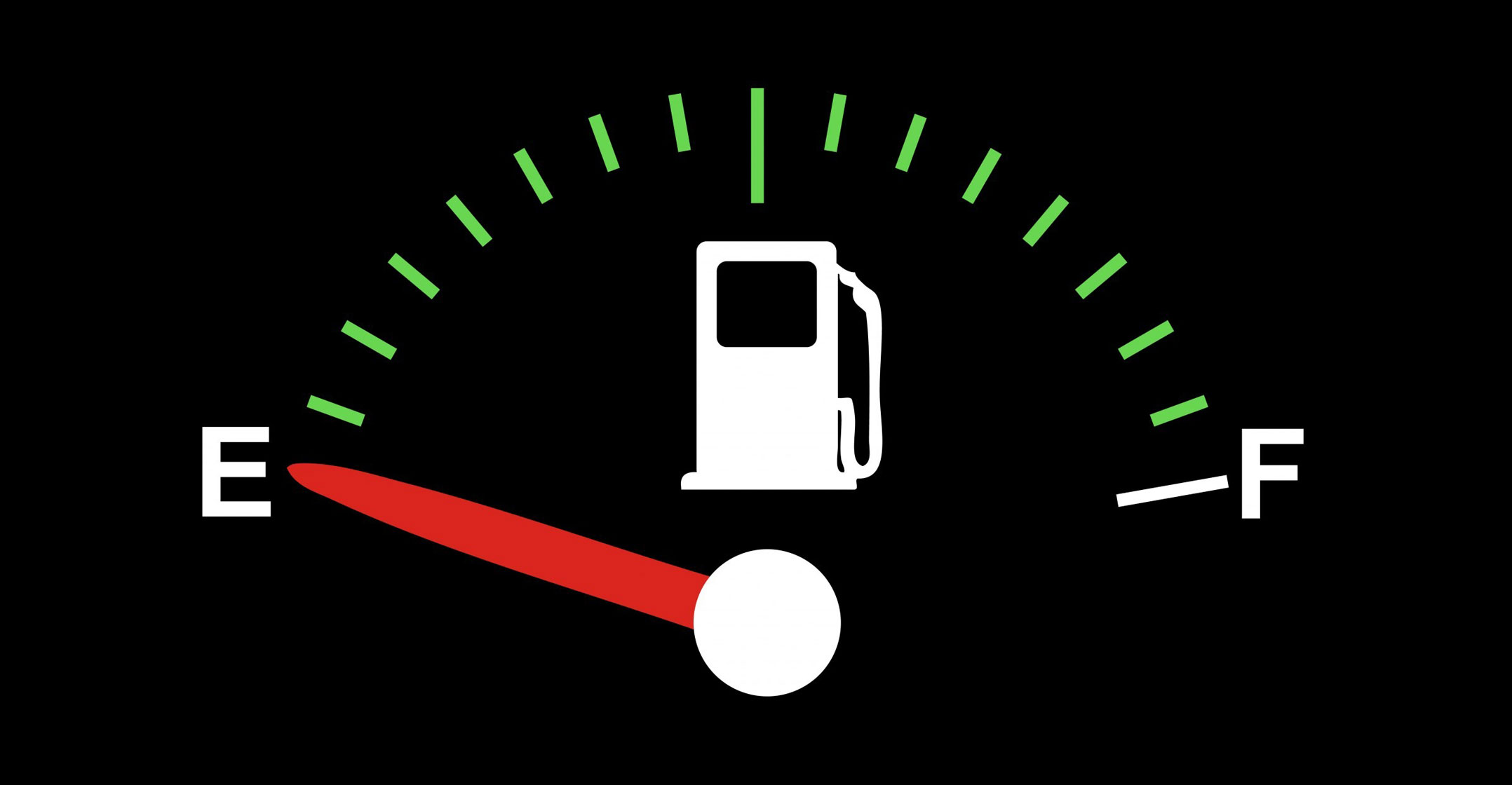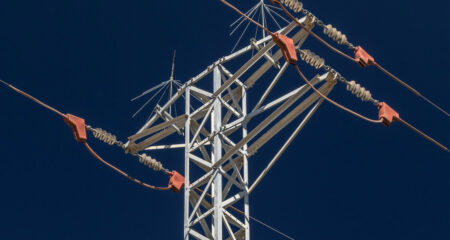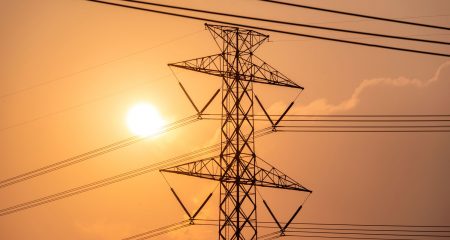 The price of 93-octane petrol will rise by R2.37/l on Wednesday, while diesel will jump by at least R2.30/l, the government announced on Monday.
The price of 93-octane petrol will rise by R2.37/l on Wednesday, while diesel will jump by at least R2.30/l, the government announced on Monday.
The shock price increase comes as government cuts its subsidy of the general fuel levy to 75c/l from R1.50/l previously. The subsidy had been introduced earlier this year in an effort to cushion consumers and businesses from the impact of spiralling oil prices caused by Russia’s war on Ukraine.
The subsidy will be scrapped in its entirely from August, potentially pushing fuel prices even higher.
Increased oil prices have also contributed to the latest price adjustments, the department of mineral resources & energy said in a statement published on its website. However, the rand appreciated during the period, providing some measure of relief.
The fuel price increases are:
- Petrol (both 93 ULP and LRP): R2.37/l increase
- Petrol (both 95 ULP and LRP): R2.57/l increase
- Diesel (0.05% sulphur): R2.31/l increase
- Diesel (0.005% sulphur): R2.30/l increase
This takes the price of 95-octane petrol in Gauteng to almost R27/l.
“The average international product prices of petrol, diesel and illuminating paraffin increased during the period under review while the price of LP gas decreased. The declining global refining capacity is having a negative impact on petroleum product prices. LP gas prices have decreased due to low seasonal demand in the northern hemisphere,” the energy department said.
The soaring price of diesel is bad news for both Eskom and the mobile operators that use extensive quantities of diesel in their operations. In Eskom’s case, diesel is used to power its open-cycle gas turbines, which help reduce the impact of load shedding. Mobile operators make heavy use of diesel to keep their base stations operational during power cuts.
Businesses that use diesel generators to keep the lights on during Eskom’s rolling blackouts will also see their input costs increasing as a result of the latest fuel price hikes. – © 2022 NewsCentral Media




